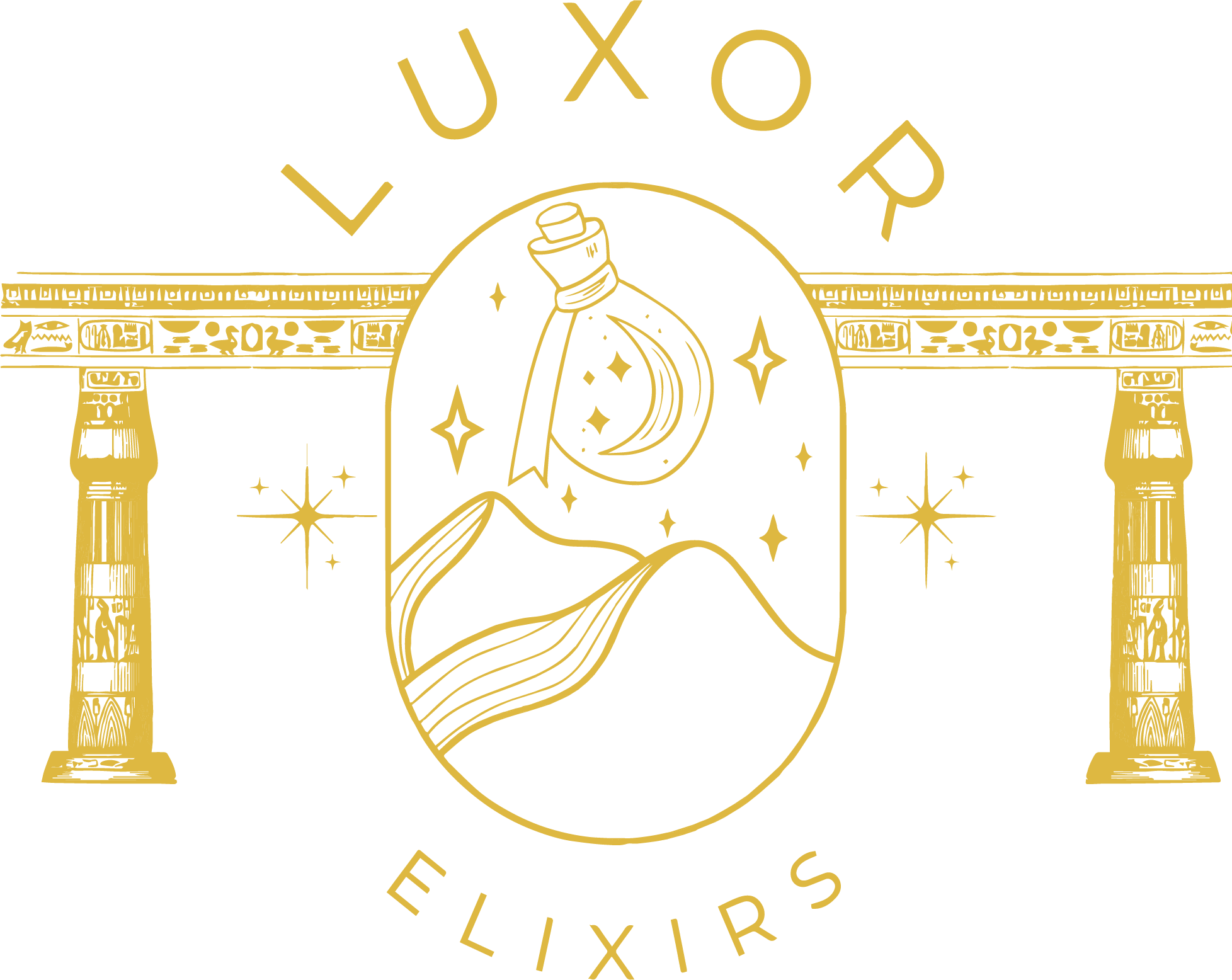Intro
In the mystical land of pyramids, pharaohs, and legends, there exists a captivating tale of scents that transcends time. Ancient Egypt, a civilization that flourished thousands of years ago, left an indelible mark on the world of perfume-making. Their obsession with fragrance and aromatic concoctions was not merely a whimsical indulgence but a deeply ingrained cultural practice intertwined with spirituality, luxury, and personal adornment. Join us on an olfactory journey as we explore the fascinating use and enduring influence of perfumes in ancient Egyptian society.
Perfume in Ancient Egypt: A Spiritual Connection
Perfume was not solely a means of beautification for the ancient Egyptians but held profound spiritual significance. They believed that scents possessed the power to connect the physical world with the divine. The aromatic essence was considered a medium to communicate with the gods and ensure divine favor. Priests and priestesses used perfumes extensively in religious ceremonies, believing that the pleasing aromas would appease the deities and attract their attention.
The Art of Perfume Making
Perfume making in ancient Egypt was an intricate art form that combined science, nature, and craftsmanship. Skilled perfumers, known as "neshemet" or "makers of perfume," carefully blended oils, resins, and botanical essences to create exquisite fragrances. They sourced aromatic ingredients from various parts of the ancient world, including myrrh from Arabia, cinnamon from India, and frankincense from the Horn of Africa.
The ancient Egyptians experimented with a wide range of ingredients, including flowers like roses, lilies, and jasmine, as well as spices such as cardamom, coriander, and cinnamon. They also incorporated natural fixatives like myrrh and frankincense to enhance the longevity of the scents. These perfumes were often stored in ornate containers made of alabaster or ceramic, adorned with intricate carvings and hieroglyphs.
Perfume and Personal Adornment
Perfume played a central role in personal grooming and adornment among the ancient Egyptians. Both men and women would apply fragrant oils and unguents on their bodies, believing it would enhance their attractiveness and signify their social status. The upper classes wore perfume not only as a personal indulgence but also as a mark of wealth and refinement.
Perfume as a Symbol of Royalty and Rituals
Perfumes held particular significance for the ruling pharaohs and members of the royal family. They viewed fragrance as an emblem of power and divinity. Pharaohs were often depicted wearing a ceremonial beard saturated with perfume, and their burial chambers were filled with vessels containing precious fragrant oils to accompany them in the afterlife.
Moreover, the ancient Egyptians believed that perfume had healing properties and could ward off evil spirits and diseases. They used scented oils and ointments during religious rituals and medical treatments, harnessing the therapeutic qualities of fragrances.
Enduring Influence: Ancient Egypt's Perfume Legacy
The art of perfume-making in ancient Egypt not only captivated its contemporary society but also left an indelible imprint on future civilizations. The Greeks and Romans, enamoured by the Egyptian olfactory world, adopted their techniques and recipes, further refining the craft. The ancient Egyptian legacy influenced the birth of perfumery in other cultures, spreading the magic of scents throughout the ages.
Conclusion
In the enchanting realm of ancient Egypt, the allure of perfumes was more than a sensory delight; it was a gateway to the divine, a symbol of status, and a testament to the meticulous artistry of the time. The ancient Egyptians' passion for perfumes continues to inspire and fascinate us today. Their intricate knowledge of aromatic ingredients, sophisticated blending techniques, and belief in the spiritual power of scents have left an enduring legacy.
From the sacred temples to the luxurious palaces, perfumes were an integral part of ancient Egyptian life, connecting mortals with the realm of gods and highlighting the opulence of royalty. The art of perfume-making in ancient Egypt paved the way for future civilizations, influencing the birth of perfumery in other cultures and spreading the magic of scents throughout the ages.
As we inhale the fragrant remnants of this ancient civilization, we are reminded of the profound human desire to surround ourselves with beauty, to seek transcendence through scent, and to leave an everlasting mark on the world of perfumery. The ancient Egyptians' scented secrets, their passion for fragrance, and their reverence for the aromatic arts continue to inspire perfumers and enthusiasts alike, preserving their legacy in every drop of perfume we wear today.
So, the next time you dab on your favourite fragrance, take a moment to appreciate the scented secrets of ancient Egypt that have travelled through time, connecting us with a civilization that knew the power of a captivating scent.
Step into their aromatic world, and let the perfumes of ancient Egypt carry you on a fragrant journey to a time long ago, where scent was more than just a sensory pleasure—it was a gateway to the divine.

